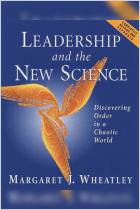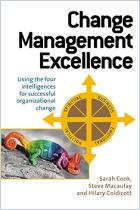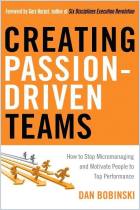
Recommendation
A loyal employee will always show up bodily, but committed employees direct their minds and spirits to the organization’s goals. Therein lies the premise of James R. Lucas’ compelling and original book. To truly motivate a workforce, he proposes, you must appeal to something deeper than performance reviews, employee manuals and monetary rewards. You must harness the passion of your employees to the goals of your organization. In other words: Lead, don’t manage. While some experienced (dare we say cynical?) managers might grow impatient with the slightly fuzzy, optimistic tome of Lucas’ book, the bottom-line commandment that managers should consider the goals, devotions and beliefs of their employees when choosing tactics for motivating a workforce cannot be disputed. getAbstract recommends this outstanding treatment of the nature and nurture of employee motivation to anyone who stands higher than the first step in the reporting line.
Summary
About the Author
James R. Lucas is author of several books, including Balance of Power: Authority or Empowerment? and Fatal Illusions: Shredding a Dozen Unrealities That Can Keep Your Organization from Success. He is a faculty member of the American Management Association and president of Luman Consultants, an individual and organizational development consulting firm.





















Comment on this summary or Diskussion beginnen